Claude Debussy
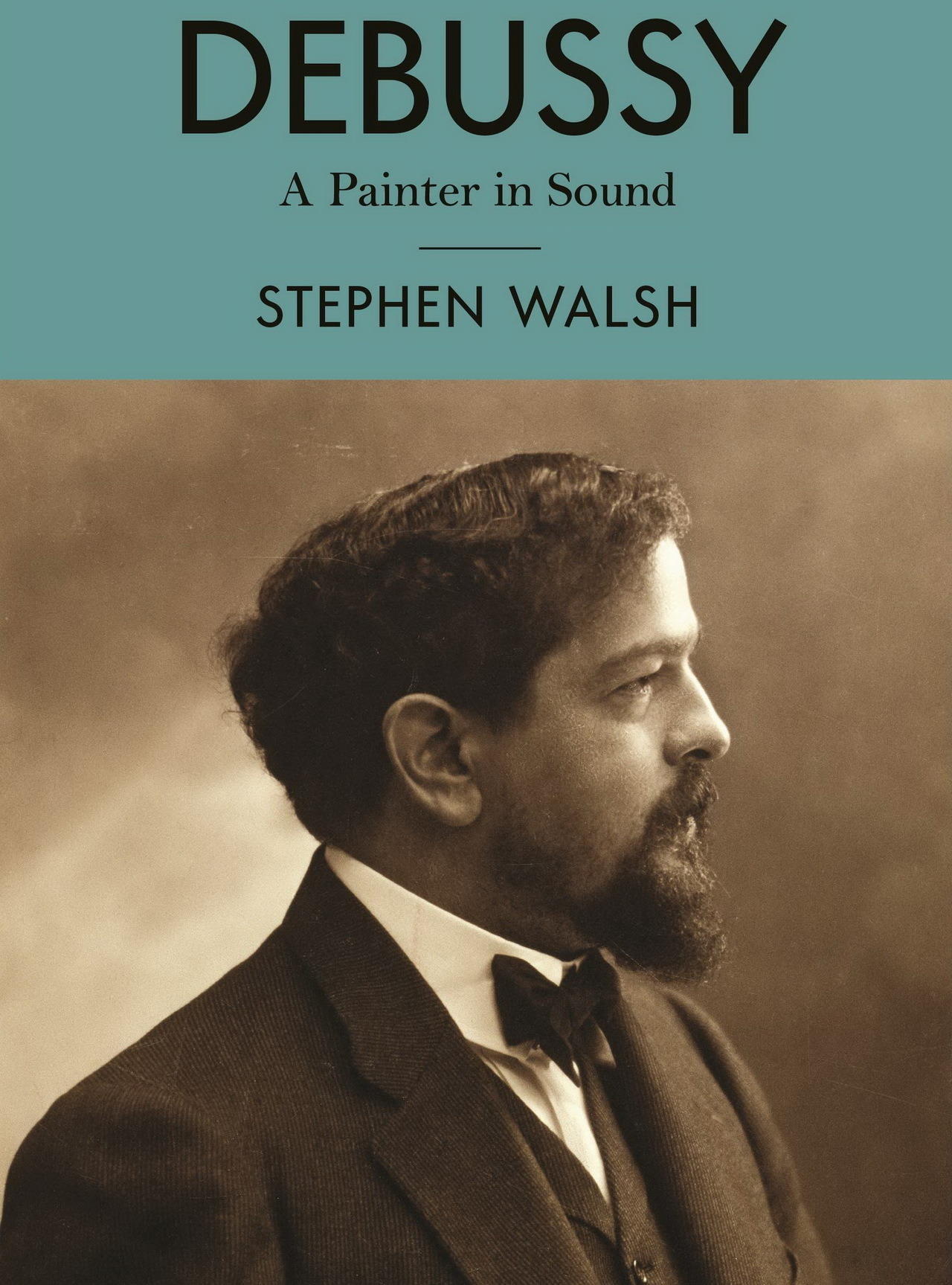

🎂 Aug 22 🎂
On August 22nd there is an animated Google Doodle about Debussy's Birthday.
Clair de Lune
Claude
Debussy was famous for working on impressionist music and was married to Emma Bardac with whom they had a daughter called Claude Emma. When he died, he left unfinished opera from Edgar and Allan Poe stories.
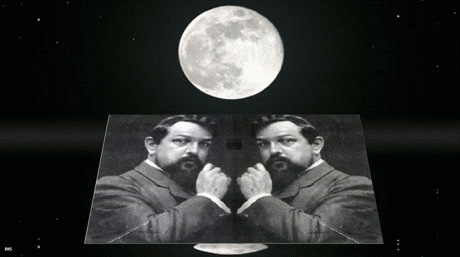

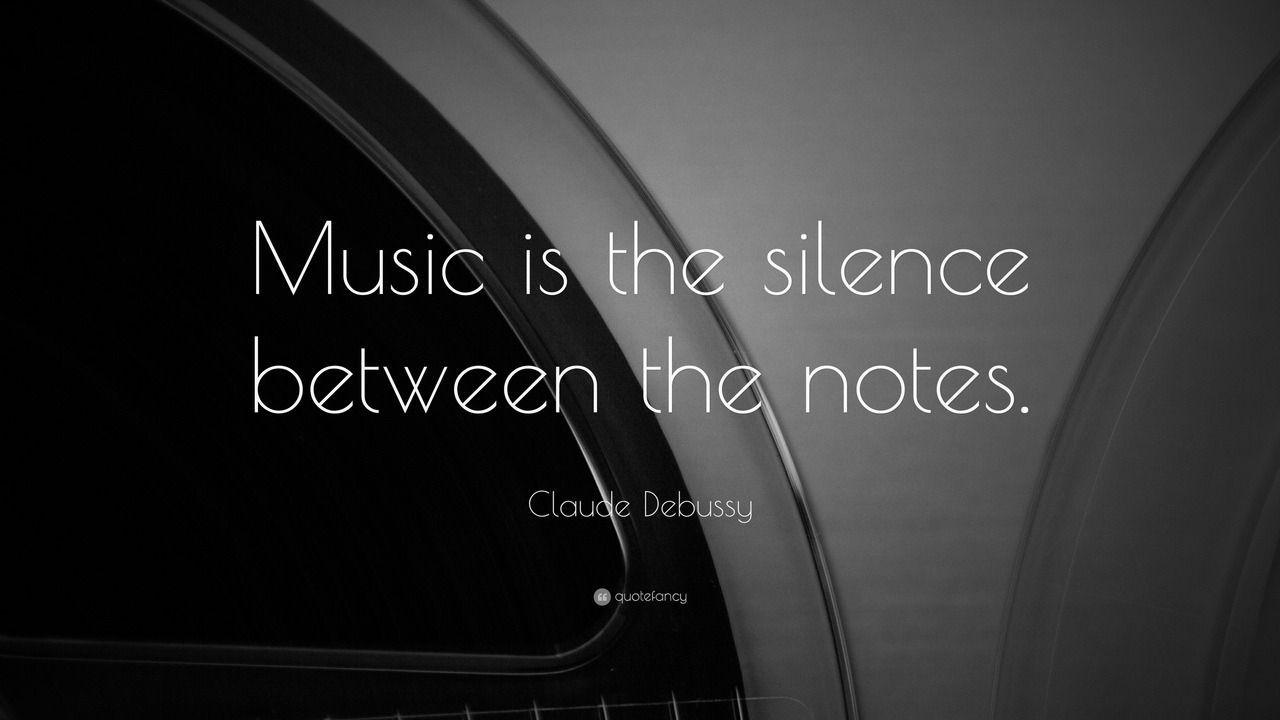
Along with Maurice Ravel, he was one of the most prominent figures associated with Impressionist music, though he himself intensely disliked the term when applied to his compositions.

In France, he was made Chevalier of the Legion of Honor in 1903. A crucial figure in the transition to the modern era in Western music, he remains one of the most famous and influential of all composers.
His music is noted for its sensory component and frequent eschewing of tonality. Debussy's work usually reflected the activities or turbulence in his own life. In French literary circles, the style of this period was known as symbolism, a movement that directly inspired Debussy both as a composer and as an active cultural participant.
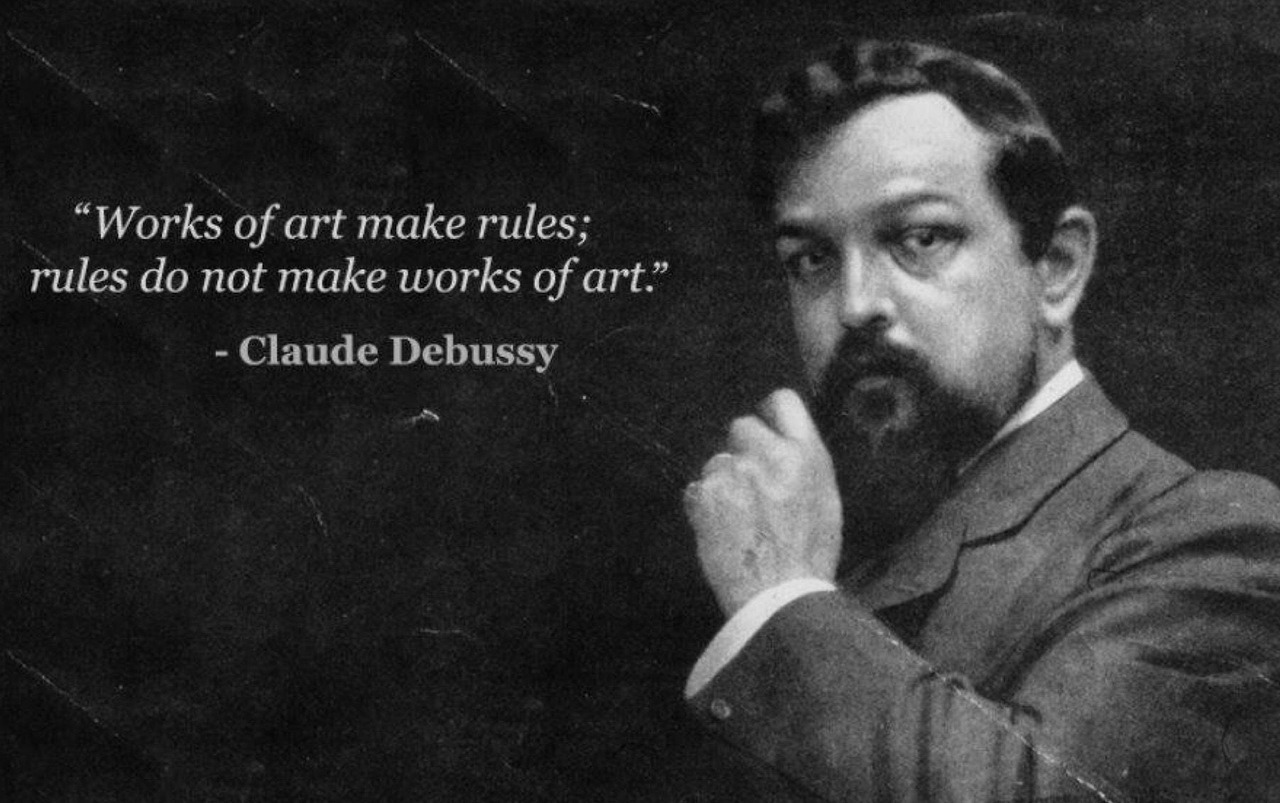
Claude Debussy:
Clair De Lune
Achille-Claude Debussy ( 22 August 1862 – 25 March 1918) was a French composer. He was seen, during his lifetime and afterwards, as the first Impressionist
composer, although he vigorously rejected the term. He was among the most influential composers of the late 19th and early 20th centuries.
Born to a family of modest means and little cultural involvement, Debussy showed enough musical talent to be admitted at the age of ten
to France's leading music college, the Conservatoire de Paris.
He originally studied the piano, but found his vocation in innovative composition, despite the disapproval of the Conservatoire's conservative professors. He took many years to develop his mature style, and was nearly 40 before achieving international fame in 1902 with the only opera he completed, Pelléas et Mélisande.
Debussy's orchestral works include Prélude à l'après-midi d'un faune (1894), Nocturnes (1897–99) and Images (1905–1912). His music was to a considerable extent a reaction against Wagner and the German musical tradition. He regarded the classical symphony as obsolete and sought an alternative in his "symphonic sketches", La mer (1903–1905). His piano works include two books of Préludes and two of Études. Throughout his career he wrote mélodies based on a wide variety of poetry, including his own. He was greatly influenced by the Symbolist poetic movement of the later 19th century. A small number of works, including the early La Damoiselle élue and the late Le Martyre de saint Sébastien
have important parts for chorus. In his final years he focused on chamber music, completing three of a planned six sonatas for different combinations of instruments.
With early influences including Russian and far-eastern music, Debussy developed his own style in the use of harmony and orchestral colouring, derided, and unsuccessfully resisted, by much of the musical establishment of the day. His works have strongly influenced a wide range of composers, including Béla Bartók, Olivier Messiaen, George Benjamin and the jazz pianist and composer Bill Evans. Debussy's life was cut short by cancer. He died at his home in Paris at the age of 55 after a composing career of a little more than 30 years.
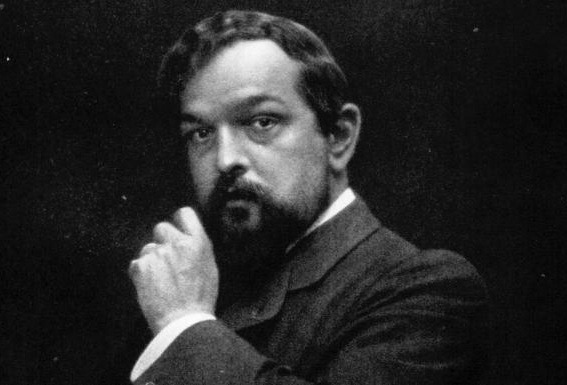


The Best of Debussy
Tracklist






The Best of Debussy
Tracklist
- 0:00 Arabesque Nº1
- 4:21 Arabesque Nº2
- 7:49 Clair De Lune
- 13:29 Passepied
- 16:46 Rêverie
- 21:40 Hommage A Rameau
- 29:22 Voiles
- 33:41 Les Sons Et Les Parfums Tournent Dans L'air Du Soir
- 37:58 La Fille Aux Cheveux De Lin
- 41:02 La Cathédral Engloutie
- 48:10 Musiciens
- 50:35 Le Petit Berger
- 54:05 Golliwogg's Cakewalk
- 57:13 L'isle Joyeuse
- 1:03:35 Prelúdio para a tarde de um fauno

Claude Debussy is sometimes seen as the first Impressionist composer, although he vigorously rejected the term. He was among the most influential composers of the late 19th and early 20th centuries.
Born to a family of modest means and little cultural involvement, Debussy showed enough musical talent to be admitted at the age of ten to France's leading music college, the Conservatoire de Paris. He originally studied the piano, but found his vocation in innovative composition, despite the disapproval of the Conservatoire's conservative professors. He took many years to develop his mature style, and was nearly 40 when he achieved international fame in 1902 with the only opera he completed, Pelléas et Mélisande.
Debussy's orchestral works include Prélude à l'après-midi d'un faune (1894), Nocturnes (1897–1899) and Images (1905–1912). His music was to a considerable extent a reaction against Wagner and the German musical tradition. He regarded the classical symphony as obsolete and sought an alternative in his "symphonic sketches", La mer (1903–1905). His piano works include two books of Préludes and two of Études. Throughout his career he wrote mélodies based on a wide variety of poetry, including his own. He was greatly influenced by the Symbolist poetic movement of the later 19th century. A small number of works, including the early La Damoiselle élue and the late Le Martyre de saint Sébastien have important parts for chorus. In his final years, he focused on chamber music, completing three of six planned sonatas for different combinations of instruments.
With early influences including Russian and far-eastern music, Debussy developed his own style of harmony and orchestral colouring, derided – and unsuccessfully resisted – by much of the musical establishment of the day. His works have strongly influenced a wide range of composers including Béla Bartók, Olivier Messiaen, George Benjamin, and the jazz pianist and composer Bill Evans. Debussy died from cancer at his home in Paris at the age of 55 after a composing career of a little more than 30 years.
copy
Claude Debussy Doodle
Clair de Lune
Clair de Lune


Google Doodles: http://www.google.com/doodles
More about Claude Debussy: https://en.wikipedia.org/wiki/Claude_Debussy
🎂 🎂 🎂 🎂 🎂 🎂


No comments:
Post a Comment